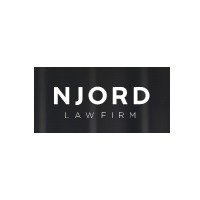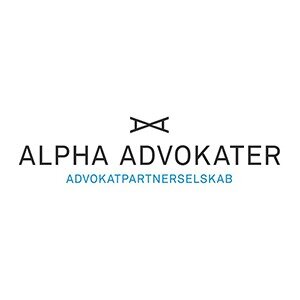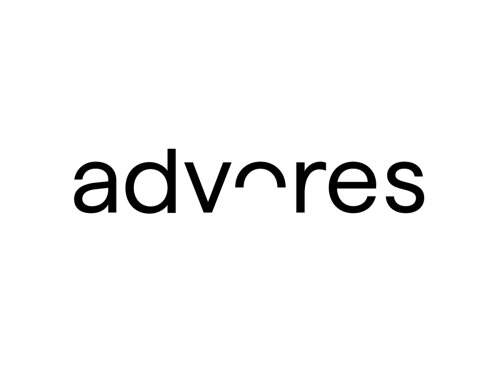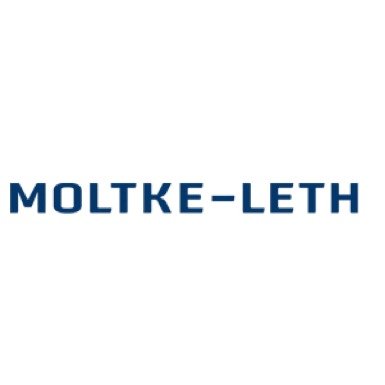Best Conveyancing Lawyers in Copenhagen
Share your needs with us, get contacted by law firms.
Free. Takes 2 min.
Free Guide to Hiring a Real Estate Lawyer
List of the best lawyers in Copenhagen, Denmark
About Conveyancing Law in Copenhagen, Denmark
Conveyancing is the legal process of transferring ownership of real estate from one party to another. In Copenhagen, Denmark, conveyancing often involves the sale or purchase of homes, apartments, or commercial properties. This process includes a variety of steps such as drafting and reviewing sales agreements, performing due diligence, registering the property, and paying applicable taxes and fees. Danish conveyancing law aims to ensure transactions are transparent, secure, and legally binding, protecting the interests of both buyers and sellers throughout the process.
Why You May Need a Lawyer
Although it is not legally required to use a lawyer for conveyancing in Denmark, there are several common situations where legal assistance is highly beneficial. These include reviewing or drafting purchase agreements, clarifying ownership or boundary issues, verifying the absence of debts or mortgages on the property, ensuring compliance with local regulations, handling negotiations about terms and conditions, and representing clients during disputes or if problems arise after the transaction completes. Legal guidance helps safeguard your interests, minimizing financial risks and legal complications.
Local Laws Overview
The Danish legal system has specific requirements and procedures for property transfers. In Copenhagen, key aspects of conveyancing law include:
- All property transactions must be documented through a written purchase agreement.
- Once signed by both parties, there is typically a 6-day cooling-off period for buyers to withdraw under certain conditions.
- The transfer of ownership is completed by registering the sale at the digital Land Registration Court (Tinglysningsretten).
- The buyer is responsible for paying registration fees and preparing the deed of conveyance (skøde).
- Due diligence is crucial, including checks for debts, servitudes, and easements attached to the property.
- Buyers should ensure that the seller has a valid energy performance certificate for the property.
- Foreign buyers may face additional requirements and should seek specific legal guidance.
Frequently Asked Questions
What is conveyancing and do I need it in Copenhagen?
Conveyancing is the legal process of transferring property ownership. Anyone buying or selling real estate in Copenhagen will go through this process, often with the assistance of a lawyer or professional conveyancer.
Can I buy or sell property in Copenhagen without a lawyer?
It is legally possible to conduct a property transaction without a lawyer, but most people choose to use legal assistance to avoid risks and ensure proper handling of contracts, due diligence, and registration.
How long does the conveyancing process take in Denmark?
The entire process generally takes between 4 to 8 weeks from signing the purchase agreement to completing the registration of property ownership.
What are the main costs involved in conveyancing?
Costs include legal fees, registration fees, possible real estate agent commissions, and stamp duty on the transfer of property (paid to the Danish state upon registration).
What is the cooling-off period for buyers?
Buyers typically have a 6-day cooling-off period after signing the purchase agreement during which they can withdraw from the transaction, sometimes subject to a small fee.
How is property ownership registered in Copenhagen?
Ownership is registered through the digital Land Registration Court (Tinglysningsretten). The buyer or their lawyer prepares the deed, and upon approval and payment of fees, the new ownership is officially recorded.
What due diligence should I conduct before buying property?
Due diligence includes verifying clear title, outstanding debts, easements, property boundaries, condition reports, and compliance with local regulations.
Are there specific legal requirements for foreign buyers?
Yes, non-EU citizens may need to obtain permission from the Danish Ministry of Justice to purchase property in Denmark. EU citizens can generally buy property but must meet certain residency requirements.
What happens if issues are found after the purchase?
If you discover defects or legal issues post-purchase, remedies depend on the terms in the purchase agreement, disclosures, and Danish consumer protection laws. Legal advice is recommended in such cases.
Can a real estate agent handle the legal side of conveyancing?
While agents assist with negotiations and paperwork, only a lawyer can provide proper legal advice and ensure your rights are fully protected under Danish law.
Additional Resources
If you need more information or support with conveyancing matters in Copenhagen, consider these helpful resources:
- The Land Registration Court (Tinglysningsretten)
- The Danish Ministry of Justice
- The Danish Bar and Law Society (Advokatsamfundet) for finding qualified lawyers
- The Danish Consumer Council for guidance on property and housing issues
- Municipal authorities in Copenhagen for planning and zoning information
Next Steps
If you are considering buying or selling property in Copenhagen, start by gathering all relevant documents and information about the property and your financial circumstances. Research and select a qualified lawyer or licensed conveyancer with experience in Danish property law. Schedule a consultation to discuss your needs before entering into any agreements. Ensure you understand all costs, timelines, and requirements involved. Legal professionals can guide you through each stage, from negotiations to due diligence and final registration, helping prevent costly mistakes and ensuring a smooth transaction.
Lawzana helps you find the best lawyers and law firms in Copenhagen through a curated and pre-screened list of qualified legal professionals. Our platform offers rankings and detailed profiles of attorneys and law firms, allowing you to compare based on practice areas, including Conveyancing, experience, and client feedback.
Each profile includes a description of the firm's areas of practice, client reviews, team members and partners, year of establishment, spoken languages, office locations, contact information, social media presence, and any published articles or resources. Most firms on our platform speak English and are experienced in both local and international legal matters.
Get a quote from top-rated law firms in Copenhagen, Denmark — quickly, securely, and without unnecessary hassle.
Disclaimer:
The information provided on this page is for general informational purposes only and does not constitute legal advice. While we strive to ensure the accuracy and relevance of the content, legal information may change over time, and interpretations of the law can vary. You should always consult with a qualified legal professional for advice specific to your situation.
We disclaim all liability for actions taken or not taken based on the content of this page. If you believe any information is incorrect or outdated, please contact us, and we will review and update it where appropriate.

















